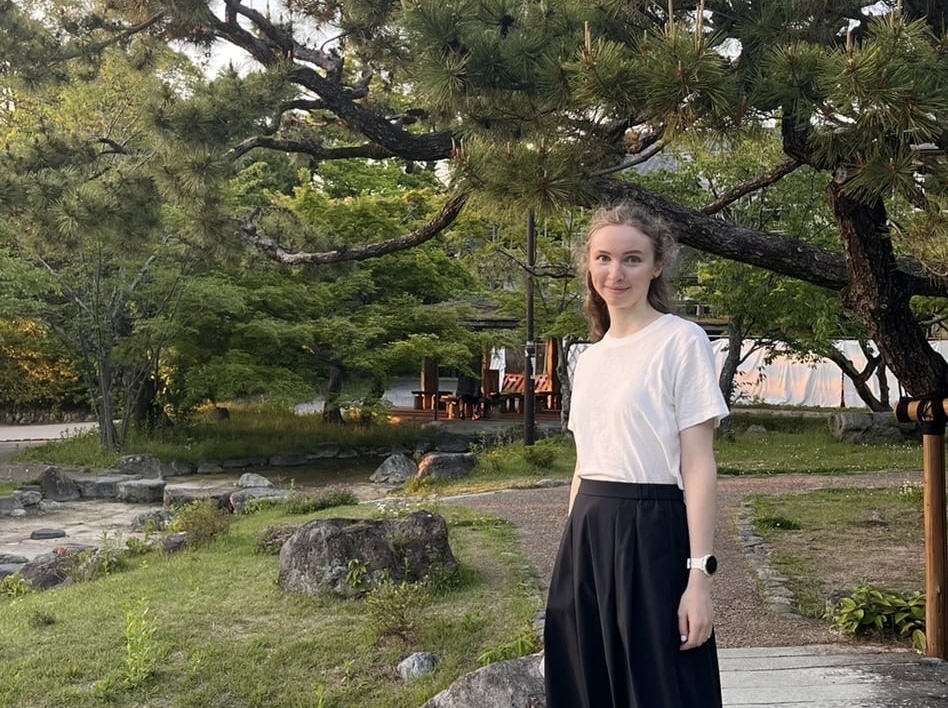'The Programme on Asian and African Studies Helps You Realise Yourself as a Specialist'
What is life like for graduates of the Asian and African Studies programme at HSE University-St Petersburg? Where do they work? Where do they study? Which skills from university turn out to be the most useful? We spoke to Angelina Litvina, 2019 graduate of the Bachelor’s programme 'Asian and African Studies', to find out.

— Why did you choose the Bachelor's in Asian and African Studies?
— Back in high school, I was into Japanese culture and studied the Japanese language. When it was time to choose a higher education institution, I decided to study this topic more deeply. At that time, HSE University-St Petersburg opened the Department of Asian and African Studies. I found out that there was an opportunity to study Japanese there starting from the second year. In spite of the fact that the first language was Chinese, I thought that it would be an interesting experience to learn another Asian language. That is how I entered the Asian and African Studies programme at HSE University.
— How did your career develop after graduation?
— Right after graduation, I worked for the Japan Centre in St Petersburg. Polina Isakova, the lecturer, recommended me for this position. But at the same time, I was preparing to enrol in a Master's programme in Japan. While studying for my Bachelor's degree, I undertook a language internship from the Japanese government. Then I learnt that there are similar scholarship programmes for the Master's degree in particular. To submit the documents, I had to choose a track. So I decided to opt for Management, which I got interested in while taking the 'International Business' minor. I submitted the documents, passed the exams and won an educational grant, so I quit my job and went to Japan. Right now, I am studying on a Master's programme in Management at Osaka University.
— What skills from the Bachelor's programme were useful to you?
— Several skills came in handy: for example, how to work with sources and write academic texts both in Russian and English. It is very useful, especially to those who want to enter a Master's programme in the future. Besides, thanks to the well-structured approach to studying Chinese, it was easy for me to study Japanese on my own, especially the characters.
— What is your advice for prospective students of the 'Asian and African Studies' programme?
— In my opinion, it is important to be deeply interested in Asian and African culture. Otherwise, studying will be hard. If you are truly passionate about this topic, then entering the programme will give you extensive knowledge and help you realise yourself as a specialist in this sphere.

